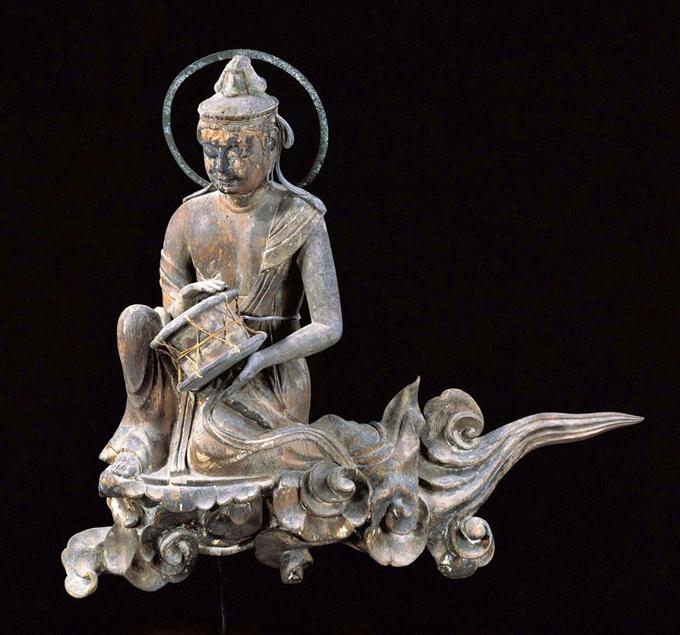I’ve always said and believed that every concert is a collaborative production, even if it was a solo recital.
First, there is the asynchronous collaboration. There is the long history of communal musicking that we are tapping into, the tradition of togetherness with the shared experience of music and its time and space. Then, there is the inventor of the piano, and everyone else who made the invention, and its subsequent evolution possible. And every composer was born into musical inspiration and surroundings that nurtured and shaped his musicianship. Then, there are the people who made and maintained the hall and the piano. And finally, everyone who shaped the musician/performer that I have come to be to play for that occasion.
Then, there is the collaboration of that concert, in that space and time. Even if I were to play the same piece under the exact same condition, to each unique set of audience, I know I play differently. It’s hard to describe, and explain. It may be what I see in their face, or sense in the tone of their applause. It may even ben things I sense on a subliminal level, like their combined smell, or how they breathe. But I know the energy from the audience inspires how I feel about playing, the piece, and my whole being each and every time.
I want my audience members to know how powerful their presence is, how they effect my playing; how it is not a one-way presentation, but such an exchange. That’s why I make my concerts as participatory as possible, asking them to close their eyes to use their imaginations, breathe to the music, and clap the rhythm used in a particular piece. I encourage the audience to share their thoughts, feelings and questions with everyone present, as well.

“Why did he (Ravel) write the piece?” was a question I received on Saturday from a boy on his father’s lap, about five years old. He raised his left arm so high up, his whole torso was extended on that side before I asked him to speak up.
“I wonder why, too…” I look into his eyes, trying to gauge the level of worldview he has at this point in his life, but all I can gather is his intense curiosity, and expectation for my answers. “Imagine, someone just surprised you with a present. That makes you happy, right? And you want to tell your mom how happy you are, right? Well, that’s an urge everyone has, I think. We all want to share when we are happy, or when we are sad. And there are some of us, who feels that urge more strongly than others, maybe. I think these people try to share their feelings through writing words, drawing pictures, making up stories, or playing the piano, or dancing, even. Ravel was a small man, and he was shy, I’ve been told. So maybe for him, it was easier to share his feelings by writing music than by talking about them…”
Memories of these exchanges with the audience stays with me for a long time, sometimes for decades. They also become a part of my musical inspiration. I know that I’ll be thinking of him, and his question in my concert when I play the Ravel again.
This is the English translation of a column entry I wrote for my bi-weekly “The Way of the Pianist” to be published by Nikkan San on April 21st.
Pingback: 美笑日記4.16:「なんで音楽?」 - "Dr. Pianist" 平田真希子 DMA